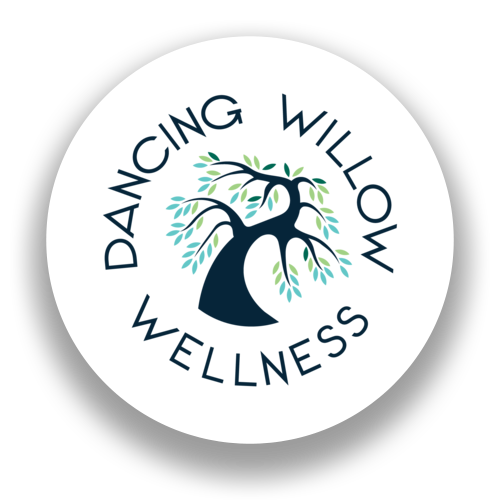Happy Pi(e) Day!
In honour of International Pi/Mathematics day, I would like to do an experiment with you where we imagine two different scenarios.
First, imagine somebody has made you a pie. You appreciate the gesture and set the pie on your counter. You’re on a diet and not allowed to eat pie. Maybe you’re not on a specific diet, but you don’t think pie is good for you or you’re concerned about the amount of sugar and carbs in it. Throughout the day, you walk past the pie and are tempted to eat a piece, but restrain yourself and don’t. By the end of the day, you say what the heck and decide to quickly shovel a piece in your mouth. Quick and dirty, you get it over with so you can stop thinking about it. Do you feel guilty that you ate a piece? Do you beat yourself up for not having more willpower? Did you even really taste the pie? Did you end up eating another piece or 2 so you could actually taste the pie? Maybe you ate it and moved on with your day, not giving it much more thought.
Next, I want you to take your time reading through the next few sentences and pause to imagine what I’m describing.
Take a deep breath. You pull a freshly baked blueberry pie out of the oven. The juicy blueberries are gelled into a thick filling that’s bubbling through the slits of the flaky golden crust. Smell the aroma of sweetness and baked buttery pastry. You’re excited to enjoy a piece of pie. Your knife slices through the crust, hitting the plate. The dark purple filling slightly oozes as the piece is lifted onto a desert plate. Your fork slices through the tip of the piece of pie and lifts it to your mouth. You savour the bite slowly, grateful for the pie and you do not feel an ounce of regret or shame. How does this make you feel?
In the first scenario, we started off with a restricting (dieting) mindset. In the second scenario, we demonstrate a healthy relationship with food. When we slow down, it gives us the opportunity to engage our senses and experience food in a completely different way. Digestion starts before you even begin eating. When we smell and see appealing food, we begin salivating. Our saliva contains enzymes that help break down the food that we’re eating. Slowing down allows us to notice when we are beginning to feel full, or if we are still hungry. This leads to better digestion and satiety.
Mathematics and counting certainly have a time and place in this world, and even in the nutrition profession. A dietitian working in an ICU uses numbers to calculate what a person requires when they are on a tube feed. Since I work with the general population, with people who are conscious and are eating food orally, I usually avoid discussing numbers in my dietetic practice. We are born with internal cues like hunger and fullness, rather than external cues that are sometimes adopted later in life like counting calories, measuring food, time of day.
This integration of the mind and body, what we did in the second scenario, is an example of Intuitive Eating. I use Intuitive Eating in my practice to help people learn to nourish their bodies and reduce stress around food. By listening to and responding to the direct messages of the body in order to meet your physical and psychological needs, you can better honour your health and say goodbye to unrealistic and miserable diets!



